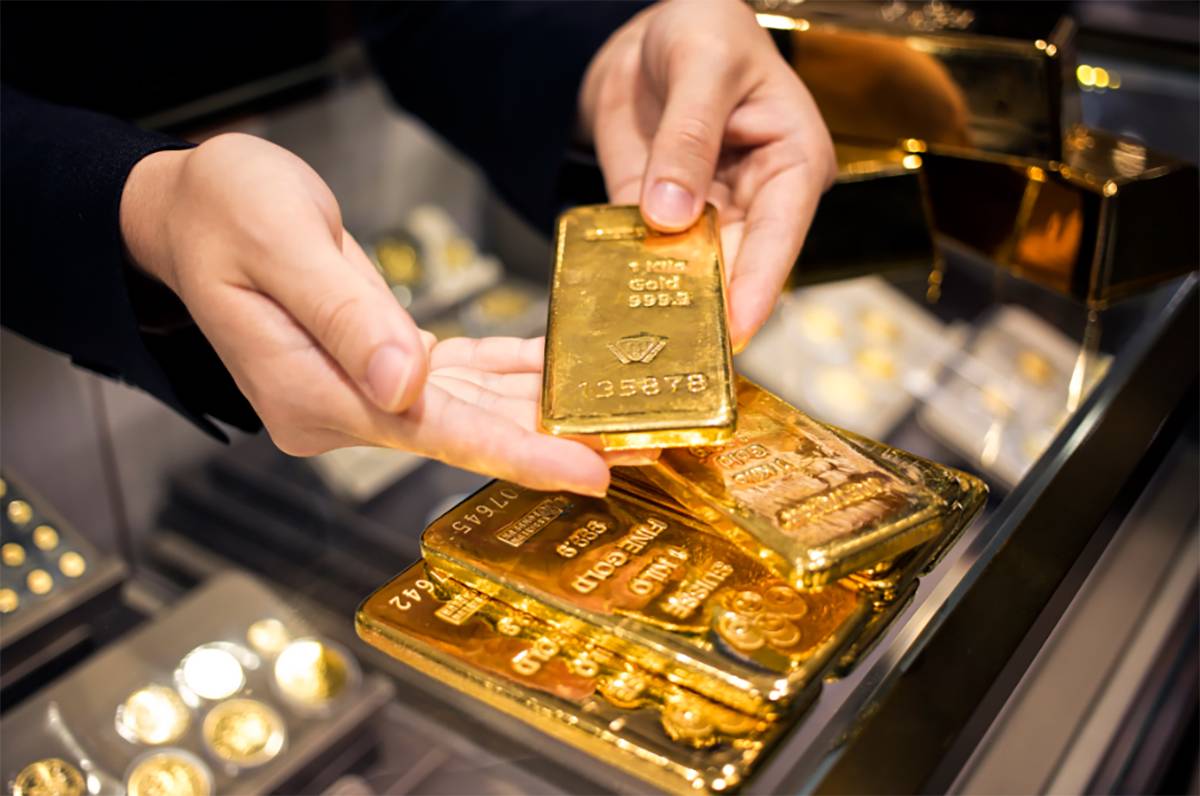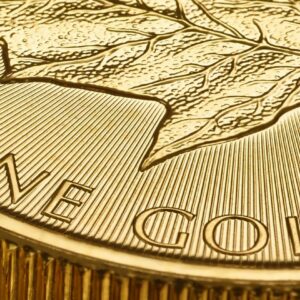CGT on Bullion Gold
CGT (Capital Gains Tax) is a tax on the profit earned when you sell or give away an item that has appreciated. It can be used to value a second property, antiques, stocks, or bullion, among other things.
Every person is given a yearly CGT allowance. Any gains you make in a single year are deducted from your CGT allowance. CGT doesn’t get applied to profits under the allowance level. However, gains exceeding the allowance are taxed at the HMRC rates. For example, the capital gains tax allowance in 2021-22 is £12,300, the same as in 2020-21, although it is best to verify with HMRC or a financial adviser for the most up-to-date information.
Currency includes Sovereigns, which have been struck since 1837, and Britannia gold coins. Because of TCGA92/S21 (1) (b), which stipulates that sterling is not an asset for capital gains purposes, these are CGT-free like other currencies.
Please keep in mind that it is the individual investor’s obligation, not Gold.co.uk’s, to declare any Capital Gains Tax that may be due. We keep records of all transactions for seven years at Gold.co.uk, but we do not willingly submit any information to HMRC unless specifically requested. We recommend that anyone unclear gets legal guidance from an accountant or trained financial consultant.
What CGT-free bullion am I able to purchase?
Capital Gains Tax does not apply to any lawful tender in the United Kingdom. As a result, CGT is not applicable on Gold Britannia coins, Silver Britannia coins, or Gold Sovereigns. Other Royal Mint coins, such as the Lunar and Royal Arms coins, are likewise exempt from CGT. All profits earned on these investments are tax-free, regardless of their size or value. Although bullion coins may cost a bit more than bars, CGT is essential to consider if planning a significant investment.
How can I prevent having to pay CGT on gold?
There are solutions available to more prominent investors concerned about exceeding their yearly CGT allowance to minimize or avoid CGT tax. For example, many investors choose to invest in smaller gold coins or bars because they have the added flexibility of selling portions of their bullion over several financial years, but only coins are immune from CGT.
For instance, if an investor purchased £50,000 worth of non-UK gold coins in 2010, the coins were worth £70,000 in 2014. However, if the investor sold all of the coins, the £20,000 profit would be taxable because it exceeded the CGT allowance of £10,900 for 2014. So instead, the investor may opt to sell half his coins now and the other half later in the next year. This allows the investor to pay the least amount of CGT on the profit generated. Alternatively, by purchasing the coins we suggested earlier, an investor can rest easy knowing that their investment is tax-free.
For more information on bullion investment reach us out on info@bullionstore.co.uk or 0121 236 1111




Add comment